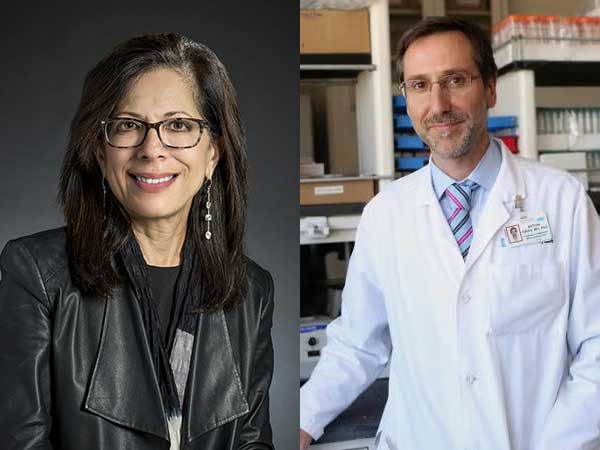Patricia S. Steeg received the 2020 AACR-Women in Cancer Research Charlotte Friend Memorial Lectureship.
Steeg, co-director of the Office of Translational Resources and associate director of the Center for Cancer Research at NCI, is being recognized for her groundbreaking research on breast cancer metastasis, including the discovery of the first metastasis suppressor gene and development of a clinical-translational program dedicated to investigating brain metastases of breast cancer.
The AACR-Women in Cancer Research Charlotte Friend Lectureship was established in 1998 in honor of renowned virologist and discoverer of the Friend virus, Charlotte Friend, PhD, for her pioneering research on viruses, cell differentiation, and cancer. This lectureship recognizes an outstanding female or male scientist who has made meritorious contributions to the field of cancer research and who has, through leadership or by example, furthered the advancement of women in science.
Steeg is best known for research on breast cancer metastasis. In 1988, she discovered the first metastasis suppressor gene, nm23 (NME). Her work demonstrated that the previously unknown NME gene is commonly downregulated in cells with increased metastatic potential.
Steeg later cloned the NME family of genes and further characterized the biological and enzymatic activities of NME by conducting experiments in which she reintroduced NME into metastatic tumor cells. This innovative research has since helped to establish an entire field devoted to understanding the structure and function of metastasis suppressor genes.
Her research lab is working to study the composition and function of the blood-tumor barrier in tumor metastasis, while also identifying signaling pathways and molecular targets that exhibit the capability to mediate brain metastasis.








